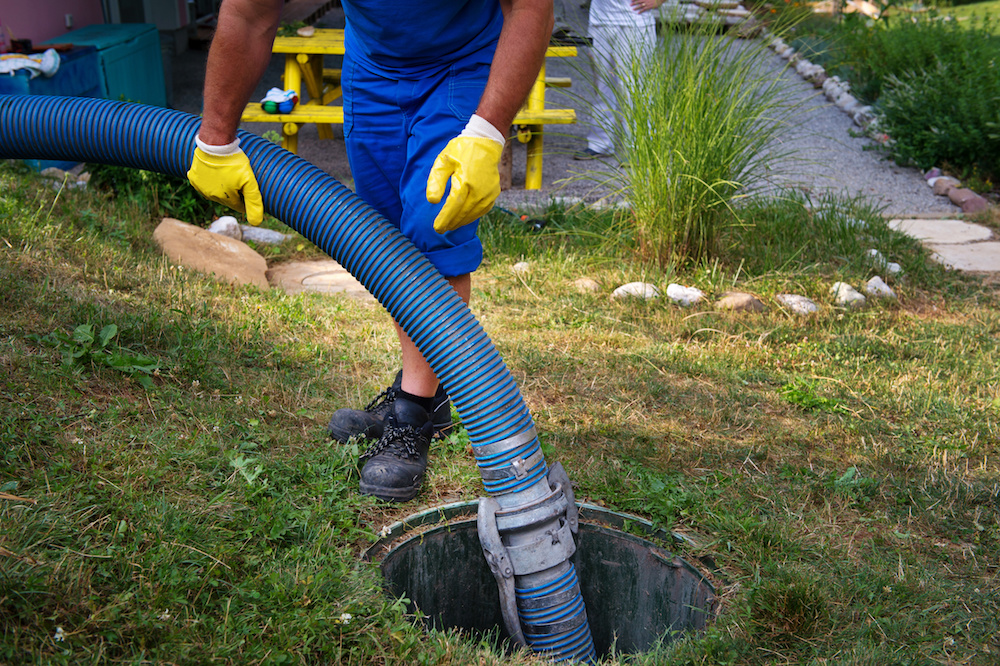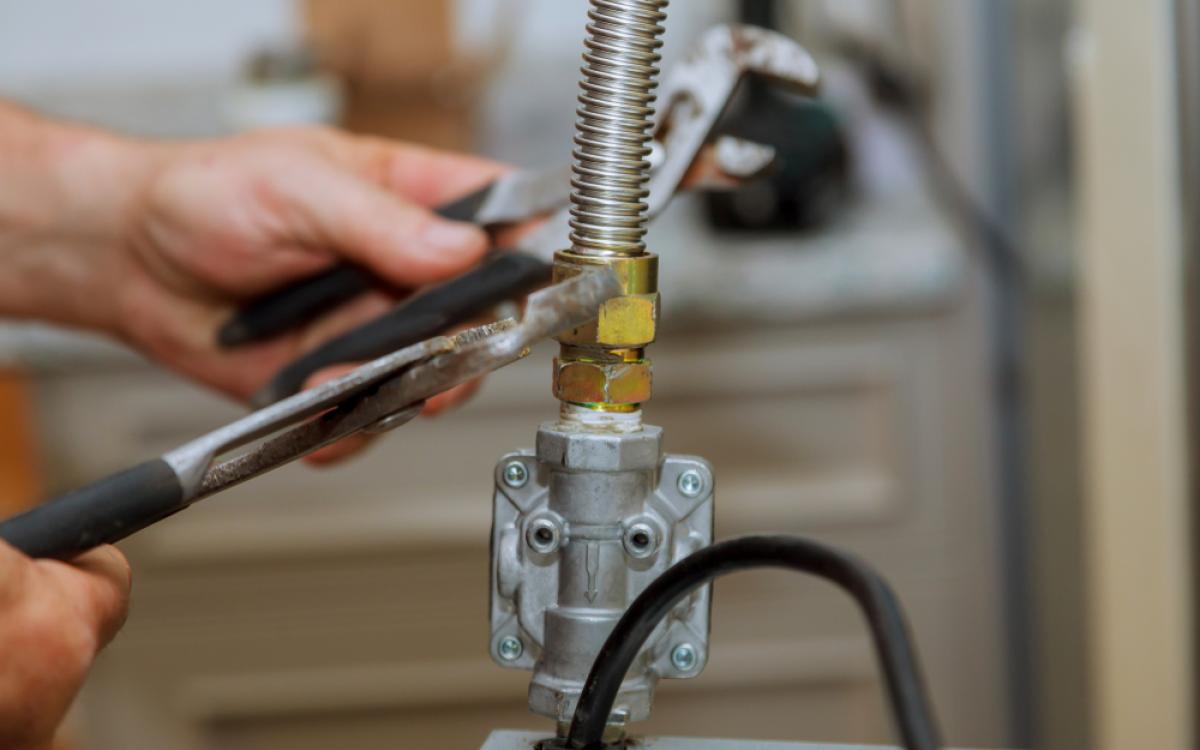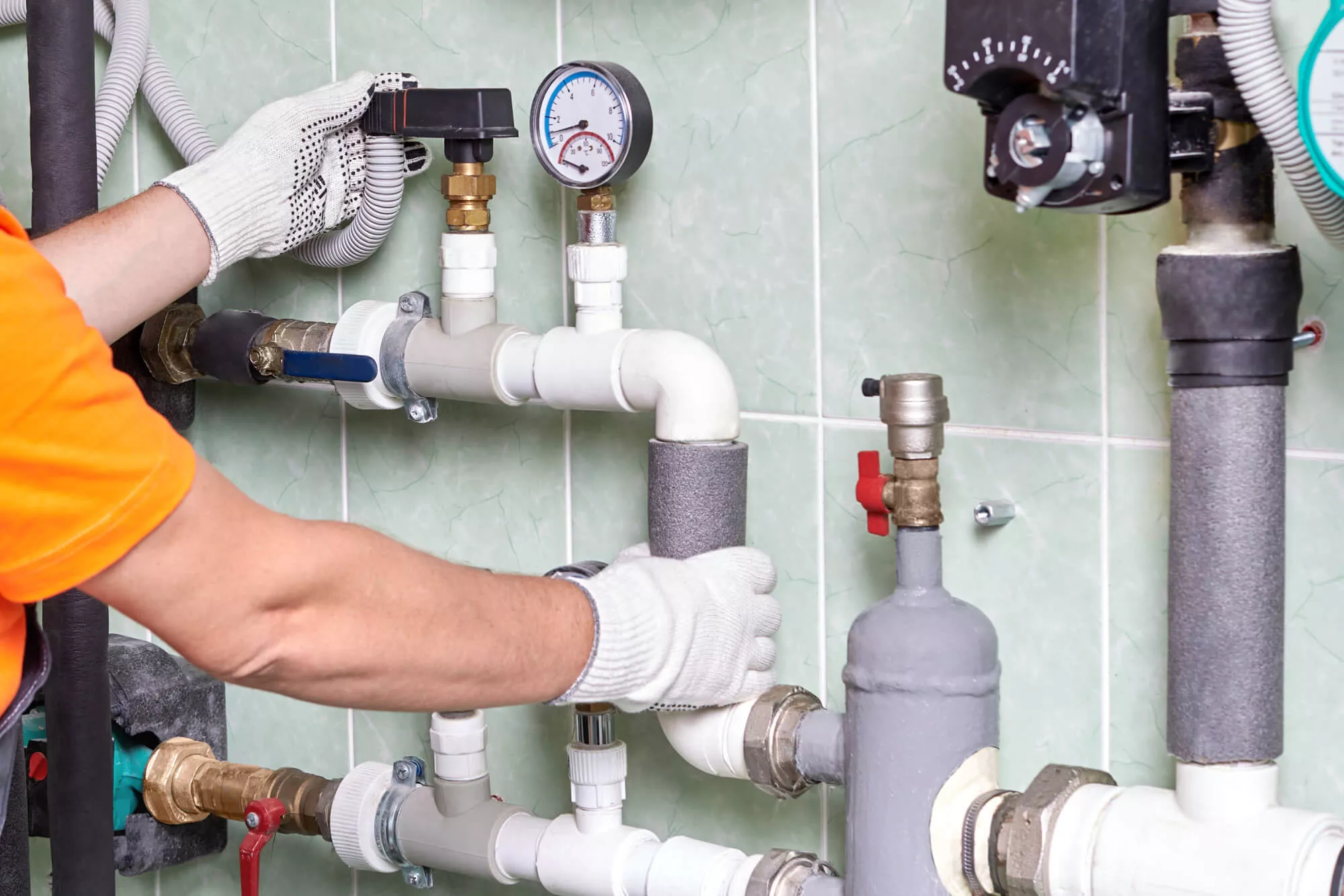Septic tank repair is essential to maintain the functionality and integrity of your septic system. A malfunctioning septic tank can lead to sewage backups, odors, and potential health hazards. If you suspect an issue with your septic tank or are experiencing symptoms like slow drains or sewage backups, it’s crucial to address the problem promptly. Here are the steps involved in septic tank repair:
1. Inspection:
- The first step in septic tank repair is to conduct a thorough inspection. A licensed septic tank professional will assess the condition of the tank, the drain field, and all associated components to identify the root cause of the problem.
2. Diagnosis:
- Based on the inspection findings, the technician will diagnose the specific issue. Common septic tank problems include cracks or leaks in the tank, clogged pipes, damaged baffles, or a full or congested drain field.
3. Pumping (if needed):
- In some cases, the septic tank may be full, which can lead to drainage problems. If necessary, the technician will pump out the contents of the septic tank to create space for repairs.
4. Repair or Replacement:
- The repair process will depend on the identified issue:
- Cracks or Leaks: If the septic tank has cracks or leaks, these may be repaired using specialized sealants or patching materials. In some cases, a liner may be installed to reinforce the tank.
- Clogged Pipes: Clogged pipes can often be cleared using augers or hydro-jetting to remove blockages.
- Damaged Baffles: Baffles, which help control the flow of wastewater in the tank, can become damaged. They may need to be repaired or replaced.
- Drain Field Issues: If the drain field is failing, repairs may involve soil testing, soil replacement, or the installation of a new drain field.
5. Compliance with Regulations:
- Septic tank repairs must comply with local regulations and building codes. The technician will ensure that all repairs meet these standards.
6. Testing and Inspection (if required):
- After completing the repairs, the technician may perform tests and inspections to confirm that the septic system is functioning correctly. This can include flow rate testing and water quality testing.
7. Education and Maintenance Tips:
- The technician will provide you with guidance on septic tank maintenance to prevent future issues. This may include recommendations for regular pumping, proper waste disposal practices, and avoiding items that can clog the system.
8. Documentation:
- Keep records of all septic tank repairs, inspections, and maintenance for future reference and compliance with local regulations.
9. Regular Maintenance:
- To prolong the life of your septic system and prevent future repairs, follow the recommended maintenance schedule, which typically includes regular pumping and inspections.
It’s important to hire a licensed and experienced septic tank professional for septic tank repair work. Attempting DIY repairs can lead to further damage or code violations. Additionally, prompt action at the first sign of septic tank issues can help minimize the cost and extent of repairs and prevent more significant problems in the future.



